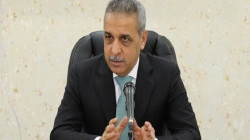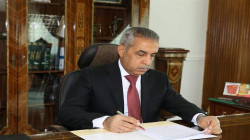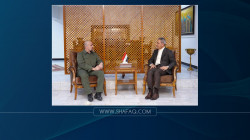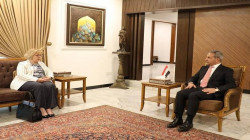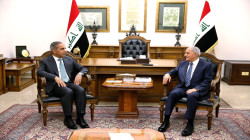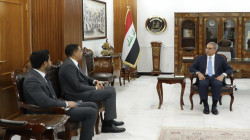Iraq's high judicial authority calls to "punish" those "hurting" the economy
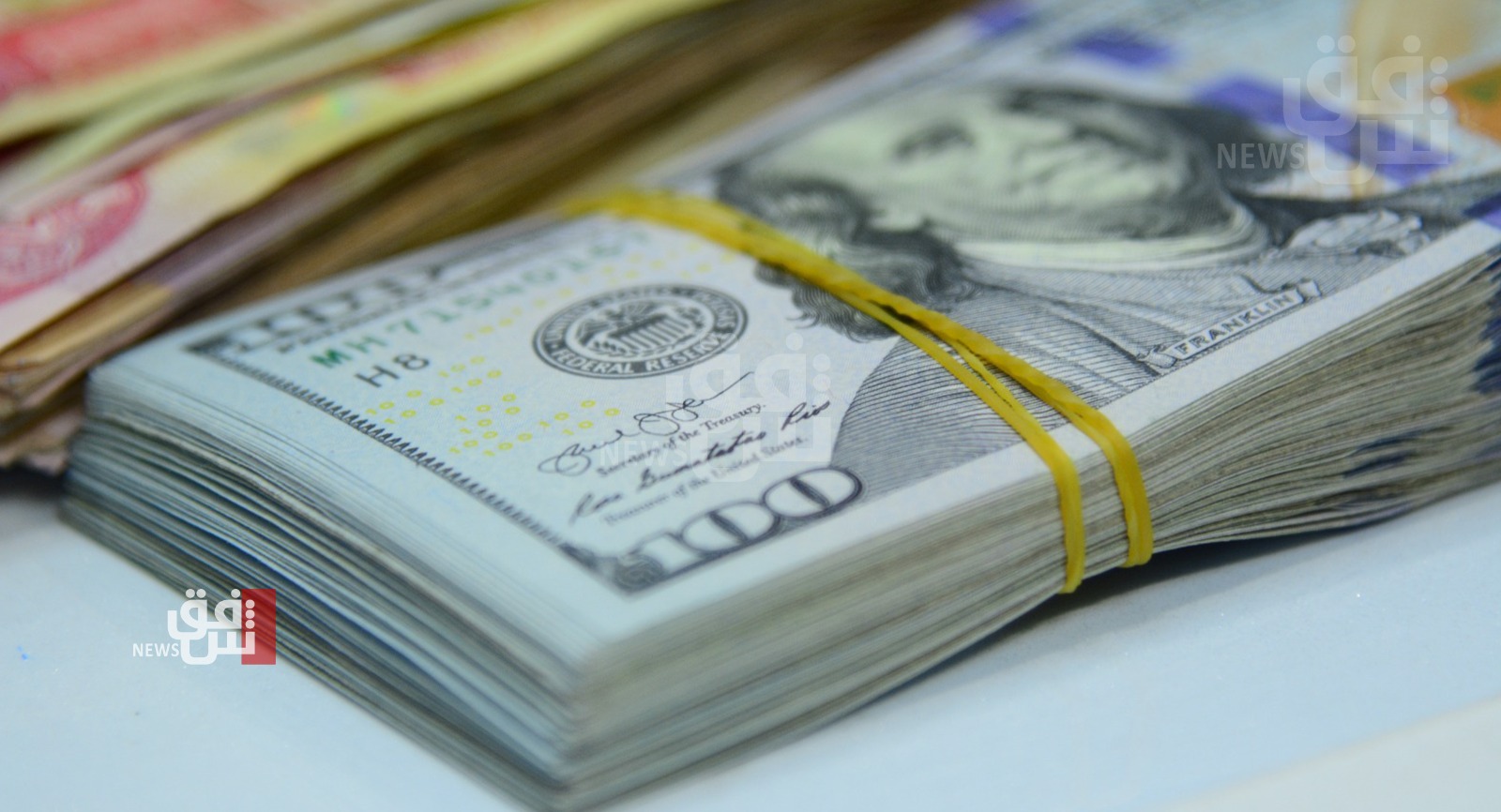
Shafaq News/ Judge Faiq Zaidan, President of the Iraqi Supreme Judicial Council, demanded the relevant authorities take legal measures against anyone who "hurts" the national economy.
The Council's media office said Judge Zaidan directed the investigation courts to "punish" those "manipulating" the markets, including forex traders and retailers.
The Council's head called on the Interior Ministry and the National Security Agency to instruct "the competent police directorates and national security detachments to coordinate with the judges and members of the public prosecution to follow inspectors touring the wholesale shops and forex exchange offices to arrest the violators."
Earlier today, the Iraqis protested in Baghdad's al-Tahrir square against the devaluation in the dinar's value. The currency has lost nearly 15% of its value since November.
Shafaq News Agency correspondent reported that dozens of citizens were seen chanting slogans against the depreciation and lamenting the government's failure to address the situation.
In statements to Shafaq News Agency, some demonstrators voiced serious concerns about recession and decreasing purchasing power as the dinar's value continues to nose dive.
The Iraqi dinar traded at around 1,200 to the US dollar officially and on the street for several years until late 2020. However, faced with a liquidity crisis, COVID-19, and low oil prices, the Iraqi Central Bank lowered the exchange rate to 1,460 dinars to the dollar at that time.
The dinar started losing further value against the dollar after the new Iraqi government took office last October. Earlier this week, the street exchange rate hit 1,750 to the dollar — the lowest rate since 2004. Then, the street rate was 1,610, while the official rate remained at 1,470.
Though the depreciation does not seem particularly dramatic compared to other countries in the region, it has sent panic through the Iraqi population, fearing a price surge in imported goods such as gas and wheat.
"The fundamental reason" for this depreciation is "external constraints," said Muzhar Saleh, a financial adviser to Prime Minister Mohammed Shia al-Sudani.
But other Iraqi officials have placed the blame squarely on the shoulders of one actor -- the United States.
The Iraqi central bank has described the currency fluctuation as a "temporary situation," and the authorities have taken measures to stabilize the exchange rate.
These have included facilitating dollar trade in the private sector through Iraqi banks and opening foreign exchange outlets at state-owned banks for those wishing to travel abroad.
The cabinet has also decided to "oblige all state bodies to sell goods and services in Iraq in dinars at the central bank's exchange rate" of 1,470 to the dollar.
